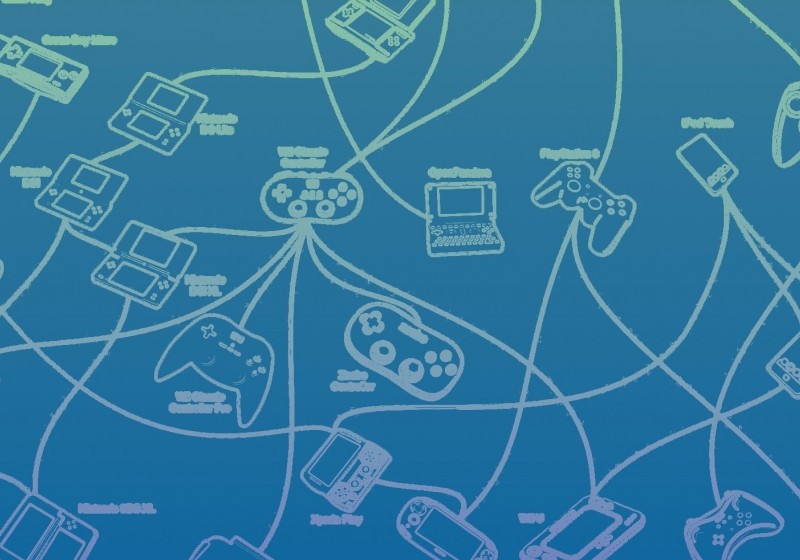Thanks to the rapid rate of change in video games, both my job and the industry I cover are practically unrecognisable. This is largely what keeps me interested in video games, this pace of transformation: there is always something new to cover, and we’re always trying to find new ways to talk about it.
When I started writing about video games professionally in 2005, the Japanese games industry was still near the top of its game. People were genuinely talking about whether PC gaming might be dead. The Xbox 360 had yet to launch and the Wii was still under wraps. Independent game development wasn’t really a thing; or, well, it was a thing, but only on PC, or if it was funded by a big publisher. Games (and gamers) were still desperately struggling for cultural legitimacy. Smartphones did not exist. YouTube was not a thing (seriously, it launched properly in November 2005).
